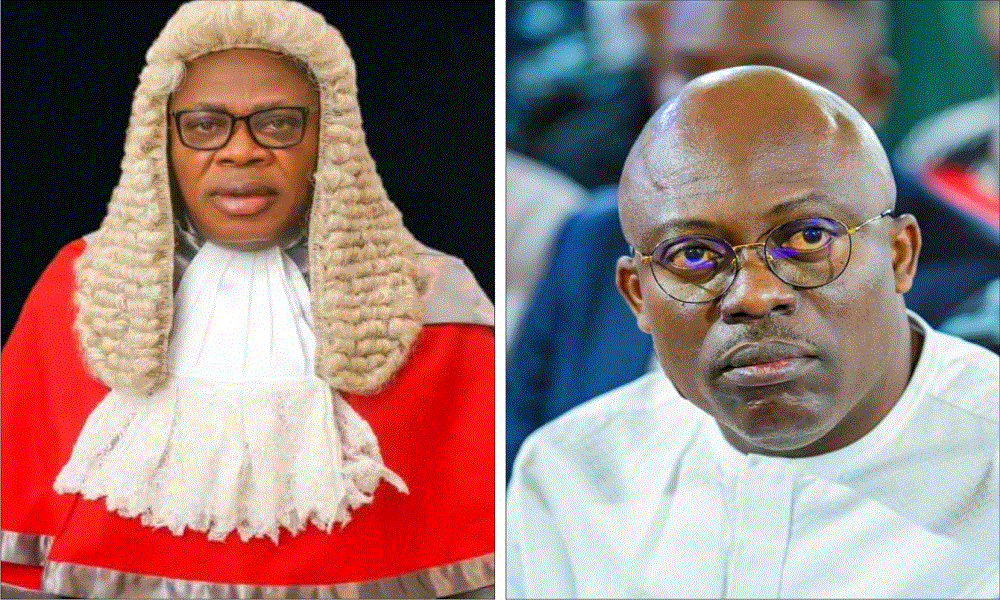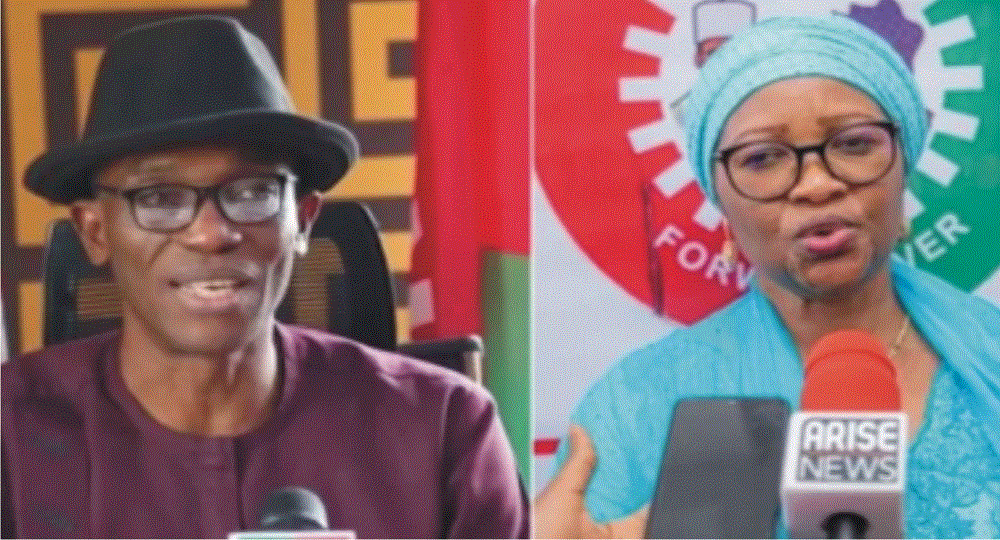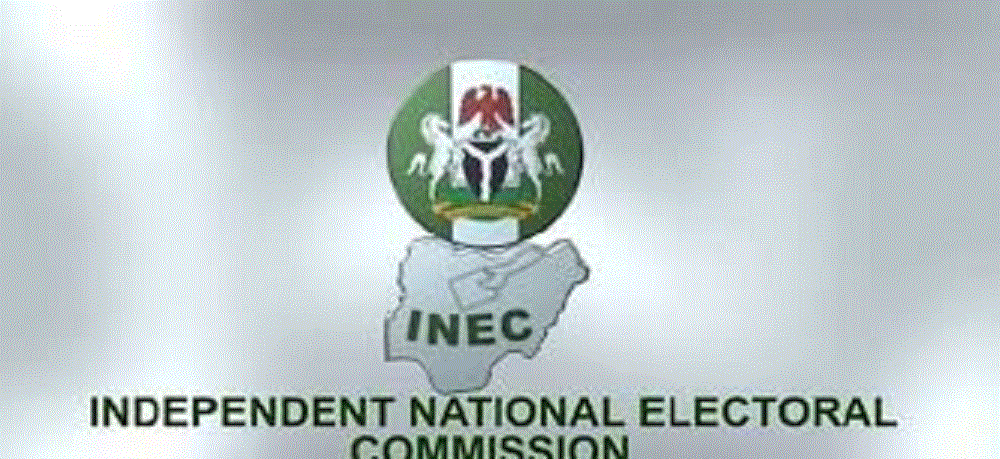Why I Insist On Internal Democracy In Rivers APC – Abe
…”I Wept On The Floor Of Senate For Amaechi”
The immediate-past representative of the Rivers South-East Senatorial District at the National Assembly, Senator Magnus Ngei Abe, has stated the reasons why he and his supporters are insisting on good leadership and internal democracy in the Rivers State chapter of the All Progressives Congress (APC).
In a statement on his Facebook account on Sunday, Senator Abe, said he does not harbour grudges against anyone because bitterness towards someone is a sign of failure.
He said: “I believe that inspiring people and motivating them to reach within themselves and not to focus on anyone else will give them the will to examine themselves, and their leadership in the arears in which action or inaction can be reviewed, and improved.
“This model of leadership is difficult and tasking and cannot provide you with docile followers who will do whatever you say, but it provides you with committed associates who understand exactly what is at stake.
“They cannot blame you or blame anyone else because they understand exactly where they are going and why it is important to go there, and they know it is their responsibility to get there”.
Senator Abe stated that leadership which emphasizes individual responsibility is tedious and painful but ultimately it stands a chance of achieving what bitterness and scapegoating others will never achieve.
“It can actually help move the society in the direction of unity, peace, progress, and prosperity. We must all realize our fallibility, and the fact that no matter how good we may be, we can be better and no matter how well we have done, we can still do better.
Abe went further to say that holding bitterness in your heart towards another human being is not a genetic inheritance from your parents, but something you learn from your leaders.
He said: “For me, I have chosen not to be bitter towards anyone, and not to teach bitterness to anyone. I know that if I teach people that Mr. A is the source of their every failure, and poverty, I will absolve myself and those I teach of all responsibility for whatever challenges and the difficulties that they are going through, then I can be a super leader because I have provided a convenient scapegoat and I can absolve myself from scrutiny responsibility.
“Whether it is the South African leaders telling their people that it is the fault of foreign nationals that they are poor, or white people in the United States saying Mexicans and immigrants are coming to steal their country, the end result is always the same: bitterness, violence, misery, failure and more poverty.
“In my world, bitterness towards anyone is a sign of failure; it means you admit that the other person had the power to make your life. No one has that power over my life.
“So rather than tell my supporters of all the miseries, humiliations and attack that have been my lot in the APC, the party that we put our lives on the line to birth in Rivers State, rather than tell them about the oppression I am facing at the hands of the friend for whose sake I wept on the floor of the Senate of the Federal Republic of Nigeria, I tell them that their life is their responsibility and that no man can alter their destiny. It is our responsibility to identify what we want, where we need to be, and how we can get there. I tell them to come and let us move mountains if need be.
We will enjoy our journey, as challenging as it may be and we will not just travel hopefully, but we will get there. I don’t know your destination, but I know that the ultimate objective of bitterness is violence, and no amount of violence can help you if you do not know where you are going.”
Abe recalled how a friend sent him a quote by Robert Louis Stevenson, “Life is not a matter of holding good cards, but of playing a poor hand well.”
He said, “No matter what anyone else may have done, we must start any honest and meaningful evaluation with ourselves. What did I do, what have I done, and most importantly what can I do better?
“Examining yourself honestly is not an automatic admission of failure; it is rather an opportunity to improve. Money is important but leaders should not be judged only by how much money they can give”.



